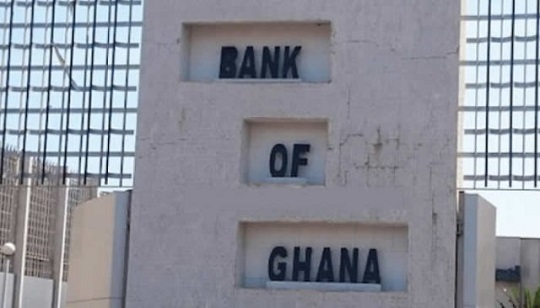The Bank of Ghana (BoG) is considering yet another hike in its monetary policy rate to help bring down inflation rates in the country.
The central bank has been grappling with soaring inflation for the past year, and it believes that tighter monetary policy will help to stabilize prices.
According to the BoG, “the current inflation rate remains significantly above the medium-term target, warranting that tight stance is maintained going forward”. Inflation rates have dropped from 53.6 percent in January 2023 to 52.8 percent in February, and 45 percent in March. However, these figures are still significantly higher than the BoG’s medium-term target, which is why it is looking to further tighten its monetary policy.
At its last meeting in March 2023, the Monetary Policy Committee of the BoG raised the policy rate by 150 basis points to 29.5 percent. This was the latest in a series of hikes that have seen the bank more than double its policy rate since November 2021, adding 16 percentage points to its key rate.
Despite these efforts, inflationary pressures persist, with the Economist Intelligence Unit (EIU) projecting that inflation and currency pressures will remain elevated until at least mid-2023. The EIU attributes this partly to high global commodity prices and debt-restructuring uncertainties.
To combat these inflationary pressures, the BoG has stated that it will use all available tools at its disposal, including upward adjustments in the cash reserve ratio to address liquidity in the system. The bank believes that these tools have helped to stabilize prices over the past year.
However, some business associations and groups are concerned about the impact of the policy rate hikes on the cost of credit. They worry about how commercial banks might react to this move by the BoG, potentially making it harder for businesses to access affordable credit.





